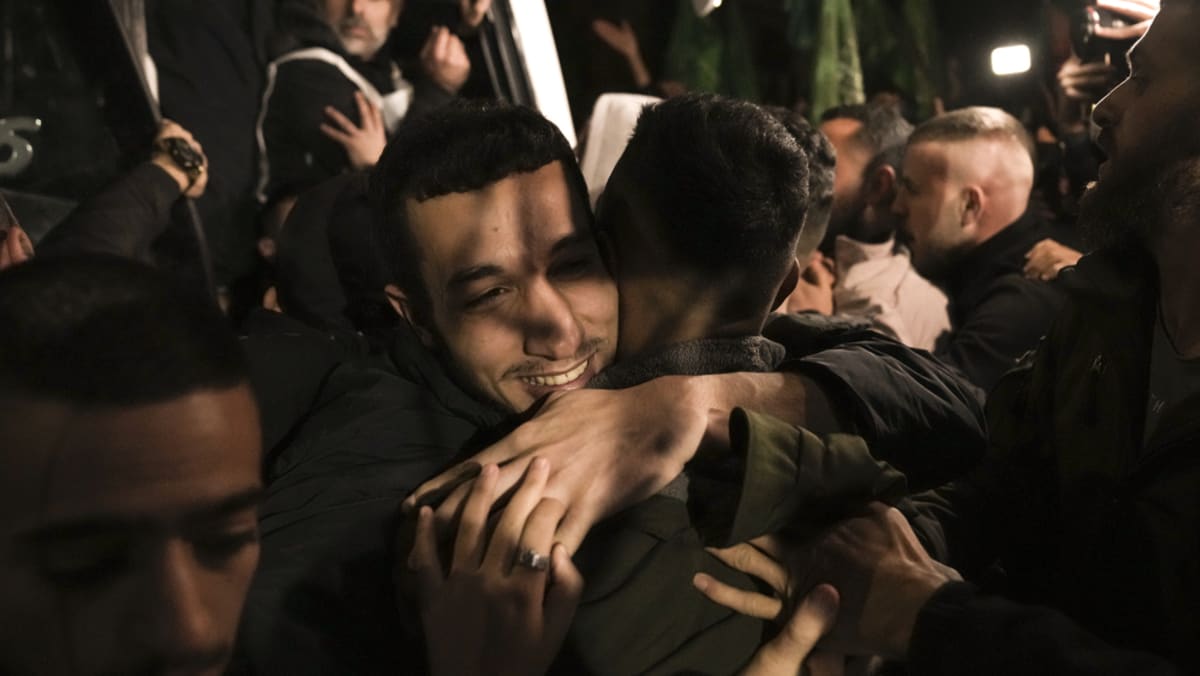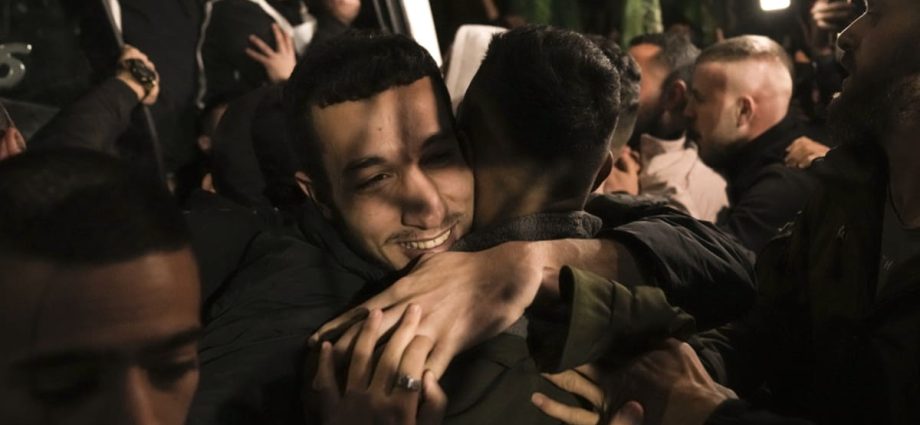
ALL-ROUND INTEGRATION
First, it has no history as a colonial power, so it comes with none of the baggage that inevitably accompanies peacemaking efforts by, say, Britain, France or the US. And, as a small Gulf state that doesn’t publicly align itself intimately with Washington, Moscow or Beijing, its mediation efforts are less likely to draw “great power” suspicion or criticism.
But – perhaps more importantly – Qatar’s position as regional mediator is a byproduct of its wealth management, investment capacity and its extensive and complex business connections, including personal connections in the Middle East, North Africa and particularly to the US.
The US is Qatar’s largest foreign direct investor. US exports to Qatar increased by more than 42 per cent between 2021 and 2022, totalling US$3.7 billion in 2019.
Neoliberal globalisation advocated for open markets, global distribution of production and deregulated financial markets. Qatar has wholeheartedly embraced this in its transition to a multi-faceted economy, no longer wholly dependent on revenue from hydrocarbon production.
It has been a success story. In per capita income, Qatar is now one of the top ten richest countries in the world and the wealthiest in the Arab world, with a per capita gross domestic product of US$88,046 compared to the US at US$75,269 and the United Kingdom at US$45,485.
Significantly, given the conflict in Ukraine which has highlighted the need for European countries to diversify their energy supplies, Qatar is the second largest exporter of liquefied natural gas (LNG) in the world, with some 85 per cent of its export earnings coming from hydrocarbons. Investing the resulting trade surplus in America government debt has led to mutual interdependency between its economy and that of the US.
The more the Qatari economy is intertwined with global supply chains, the more alert its diplomacy has become in providing solutions to thorny – especially regional – conflicts.

